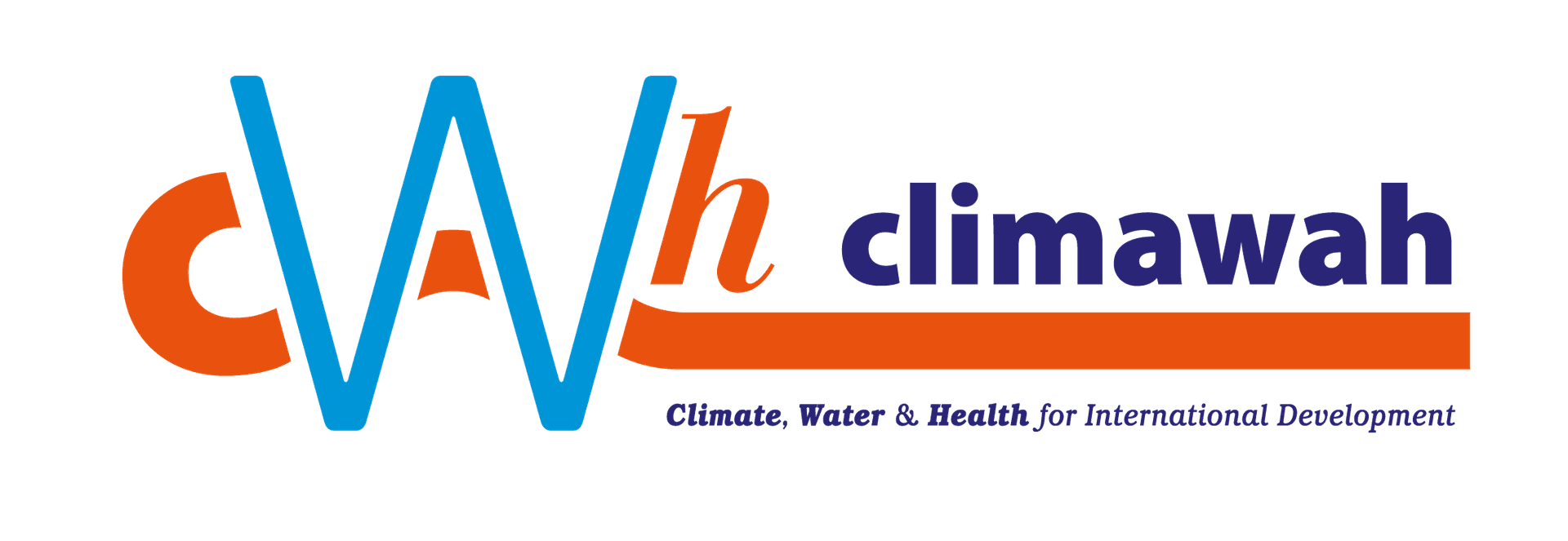Climate-Water-Health Economic Research
Current investigators focus on quantifying the direct and indirect health costs of climate-water variability—including floods, droughts, and changing precipitation patterns—which have already demonstrated substantial economic burdens. Recent studies show that water-related disasters from 2001-2018 resulted in approximately $600 billion in global losses from over 2,900 flood events and 290 drought events, affecting 2.8 billion people. In South America alone, drought-related health impacts have been estimated at 7% of regional GDP in affected areas, while the annual health costs of climate-related impacts in the US exceed $1 trillion. Current research emphasizes the cost-effectiveness of point-of-use water treatment interventions, with household chlorination showing cost-effectiveness ratios of $27-65 per disability-adjusted life year (DALY) averted—placing it among the most cost-effective global health interventions [1-3]. Future studies will examine the economic evaluation of climate adaptation strategies specifically targeting hydroclimate risks, including early warning systems, climate-resilient health infrastructure, and integrated water-health interventions. The WHO framework for quantifying health co-benefits of climate action and emerging research on climate-resilient health systems indicate a shift toward prospective economic evaluation of adaptation measures. Future research will also investigate the cost-effectiveness of "no regrets" policies that provide health benefits regardless of climate prediction accuracy, and the economic returns of investing in health system resilience—with preliminary evidence suggesting benefit-cost ratios of 4.1 for comprehensive health adaptation packages [4-5]
This research area continues to evolve as we build evidence base for evidence-based resource allocation in climate-water and health policy, particularly as global health adaptation costs are projected at $2-5 billion annually for the health sector alone, with broader water-health-climate interventions requiring substantially higher investments. The field is developing methodologies to integrate health economics with climate-water science to support decision-makers in prioritizing interventions that maximize health benefits per dollar invested while building long-term resilience against climate-water variability [4-6]. As the field of hydroclimate health economics continues to evolve, we remain committed to rigorous research that informs policy and practice. We welcome collaborations and partnerships that advance this critical work.
Citations
- Helo Sarmiento J, Melo O, Ortiz-Alvarado L, Pantoja Vallejos C, Reyes-Mandujano IF. Economic impacts associated with the health effects of climate change in South America: a scoping review. Lancet Reg Health Am. 2023 Sep 27;26:100606. https://doi.org/10.1016/j.lana.2023.100606.
- Jiseon Lee, Duminda Perera, Talia Glickman, Lina Taing. Water-related disasters and their health impacts: A global review, Progress in Disaster Science, Volume 8, 2020, 100123, https://doi.org/10.1016/j.pdisas.2020.100123.
- Kremer M, Luby S, Maertens R, Tan B, Wiecek W. Water Treatment and Child Mortality: A Meta-Analysis and Cost-Effectiveness Analysis. Working Paper No. 2022-26. Available at: https://bfi.uchicago.edu/wp-content/uploads/2023/01/BFI_WP_2022-26.pdf.
- A framework for the quantification and economic valuation of health outcomes originating from health and non-health climate change mitigation and adaptation action. Geneva: World Health Organization; 2023. Licence: CC BY-NC-SA 3.0 IGO. Available at: https://iris.who.int/bitstream/handle/10665/367385/9789240057906-eng.pdf?sequence=1.
- Hutton G. The economics of health and climate change: key evidence for decision making. Global Health. 2011 Jun 27;7:18. https://doi.org/10.1186/1744-8603-7-18.
- Lugten E, Hariharan N. Strengthening Health Systems for Climate Adaptation and Health Security: Key Considerations for Policy and Programming. Health Secur. 2022 Sep-Oct;20(5):435-439. https://doi.org/10.1089/hs.2022.0050.
This website uses cookies
